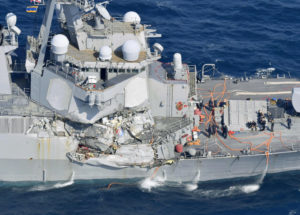Whatever the Republic Party stood for in the past, it no longer does. We might have seen the writing on the wall when Ronald Reagan declared “Government is not the solution; it is the problem.”
While that was more than forty years ago, it was the seed that sprouted, grew and reproduced until coming into full bloom in the Trump Administration. Government, they would now say, is not only the problem, but is the enemy.
Meanwhile, the Democrats continued to advance a vision of Government as a force for the advancement of civilization. Only Government wielded the power and resources sufficient to the noble task of bringing about fairness, equality and dignity to the people through programs ranging from grants to artists to healthcare for (almost) all.
But Democrats have fallen into a trap. Passing legislation and declaring high principles is not enough. High-minded programs have too often not only failed to solve the underlying problems, but in some cases have exacerbated them. Too often Democrats have architected beautiful structures, but have failed to sufficiently engineer them.
In short, if Democrats want the people to see Government as a solution, they have to ensure that Government is actually competent to administer the enacted programs, and to revise and modify them when they fall short. Results matter. And the Republican’s have had a field-day pointing out the Democrats’ great performance gap between rhetoric and results. It’s time for the Democrats to actually be the party of good, fair competent government focussed on solving the many problems we face, and admit that the problems are both complex and not amenable to facile, sound-byte solutions.

 By CajunJoe, a Trail Mix Contributor
By CajunJoe, a Trail Mix Contributor
